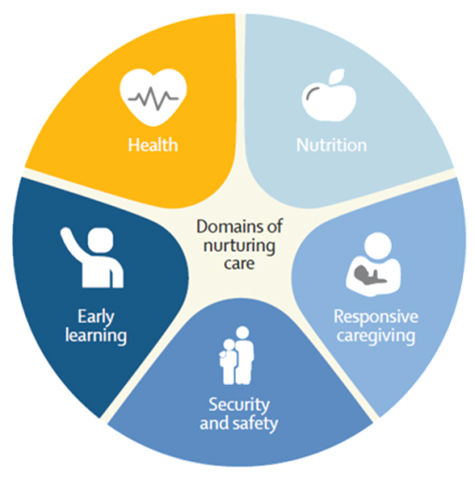Recently, I chaired the annual business meeting of the Coalition for Children Affected by AIDS in Capetown, South Africa. These meetings are a tremendous opportunity to meet with experts from around the world who conduct research, work with communities directly and advocate on behalf of the most vulnerable children, including those affected by HIV and AIDS. In particular, I was able to hear from women living with HIV who also serve as Coalition Ambassadors and advocate for the needs of young children and their caregivers within their countries and beyond. By sharing their own stories, these women are able to draw attention to critical needs facing young children and their families.
Our Coalition Ambassadors gave me a strong reminder of the ways we can empower people living with HIV by seeing them as “whole people,” with complex strengths and challenges, and with families to care for — as opposed to seeing them through the narrow prism of HIV — thereby solely defining them by their disease status. This is important for many reasons, including for ensuring that their young children get the support and care they need. For children born into families affected by HIV, often our efforts are too narrowly focused, missing critical opportunities to ensure parents and caregivers have what they need to ensure that these children not only survive, but also thrive. The thrive agenda is more important than ever given the challenges faced by caregivers living with HIV. We often need to ask ourselves:
Do our interventions listen to their experience? Do we continue to improve our efforts by asking them where the gaps in support are, or how our efforts to provide long-term care and treatment might be improved? Do we focus on ensuring they are physically and mentally healthy and able to provide the best care for their little ones?
For example, our Coalition Ambassadors have stressed how essential the inclusion of mental health support is for people receiving antiretroviral treatment. They indicate that depression is common both as a side effect of illness and as a consequence of the social environment that surrounds parents and caregivers, which may include stigma and discrimination. Parental depression must be addressed, as healthy child development necessitates an engaged caregiver who is among other things, able to be responsive to the needs of their baby, able to communicate and play, and able to notice important developmental milestones or challenges. The key to supporting these children is to listen to and support these caregivers, to see them as loving parents, grandparents, aunts and uncles— not just as HIV patients.
World AIDS Day marks an exciting moment to increase collective efforts on this front and shine a light on young children born into families affected by HIV, by focusing on what the family as a whole needs to thrive. Advances in access to HIV prevention, care and treatment increasingly mean that these children arrive in the world uninfected, but still facing risks for healthy development. To promote healthy growth and development, The World Health Organization, UNICEF, the Partnership for Maternal Newborn and Child Health and the Early Child Development Action Network are promoting “Nurturing Care,” which brings together health, nutrition, responsive care, safety and security, and early learning for children during the first 1,000 days of a child’s life. It is critical that efforts for children affected by HIV include this constellation of services and support. And there is agreement among experts, that this framework must incorporate support to caregivers. Efforts are underway to develop global guidance and tools for the 2018 World Health Assembly.

In 2018, I look forward to learning from the group of Conrad N. Hilton Foundation partners that are working to integrate comprehensive nurturing care (including emphasis on responsive caregiving) as part of HIV care, support and treatment programs, and broader maternal and child health services. We are looking at ways to ensure that the well-being of caregivers receives stronger emphasis. These efforts also include tailored support to address the needs of teen mothers, and research to understand how to best deliver mental health interventions as part of routine health services in high HIV prevalence settings. We are pleased to learn from these efforts and from the advocacy of our Coalition Ambassadors. We look forward to learning about your efforts: please share on social media by tagging #WorldAIDSDay.